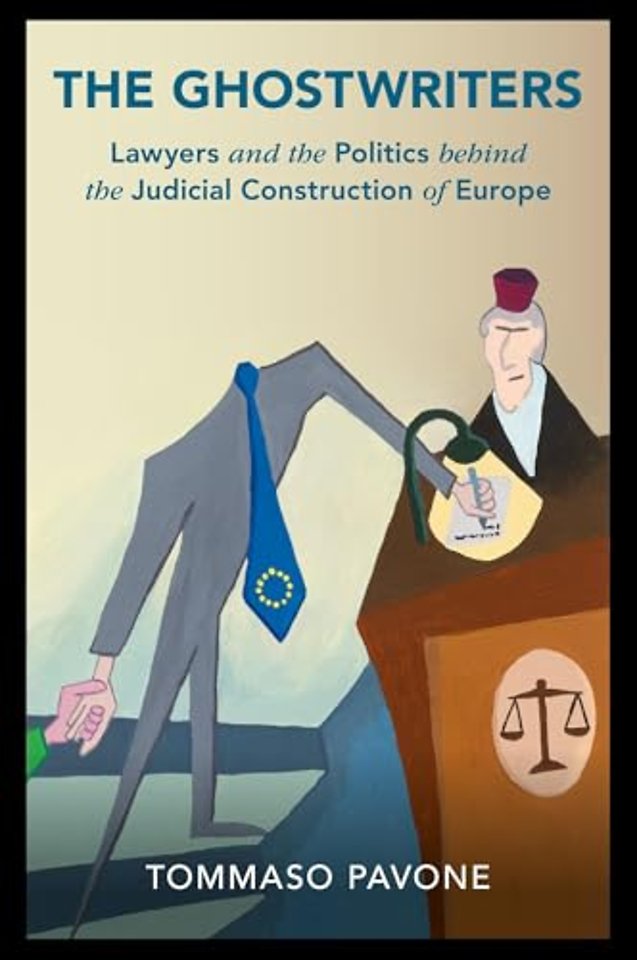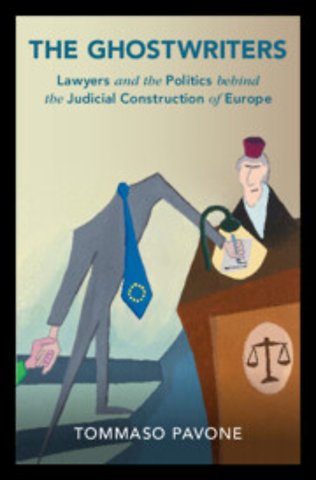The Ghostwriters
Lawyers and the Politics behind the Judicial Construction of Europe
Samenvatting
The European Union is often depicted as a cradle of judicial activism and a polity built by courts. Tommaso Pavone shows how this judge-centric narrative conceals a crucial arena for political action.
Beneath the radar, Europe's political development unfolded as a struggle between judges who resisted European law and lawyers who pushed them to embrace change. Under the sheepskin of rights-conscious litigants and activist courts, these “Euro-lawyers” sought clients willing to break state laws conflicting with European law, lobbied national judges to uphold European rules, and propelled them to submit noncompliance cases to the European Union's supreme court – the European Court of Justice – by ghostwriting their referrals.
By shadowing lawyers who encourage deliberate law-breaking and mobilize courts against their own governments, The Ghostwriters overturns the conventional wisdom regarding the judicial construction of Europe and illuminates how the politics of lawyers can profoundly impact institutional change and transnational governance.
Specificaties
Inhoudsopgave
1. The politics of ghostwriting lawyers
Part II. Judges and resistance to change
2. Revisiting judicial empowerment in Europe
3. Renouncing power and resisting change
4. The limits of rebellion
Part III. Lawyers and the uneven push for change
5. The first Euro-Lawyers and the invention of a repertoire
6. Hot spots and cold spots
Part IV. Lawyers and the rise of contentious politics
7. Euro-Lawyering goes public
8. Euro-Lawyering goes silent
Part V. Conclusion
9. Making sense of ghostwriters
Appendix
Bibliography
Index







